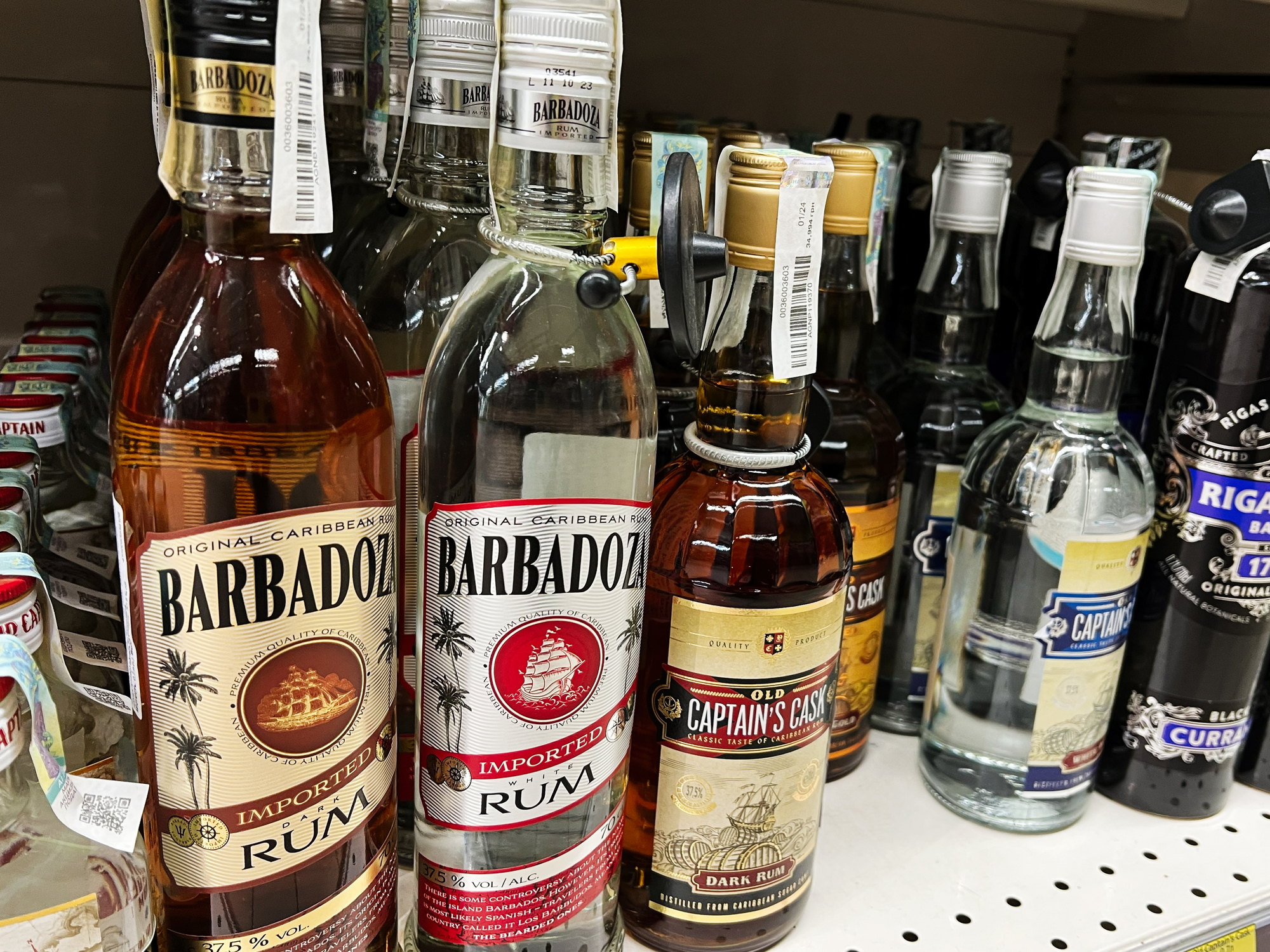Trenton, NJ—New Jersey Governor Phil Murphy has proposed raising the state’s alcoholic beverage tax by 10%, a move aimed at generating an additional $18.5 million in revenue for the fiscal year 2026 budget.
The plan, unveiled as part of his $58.1 billion spending proposal last month, targets the first sale or delivery of alcohol to retailers across the Garden State, encompassing beer, liquor, still wine, vermouth, sparkling wine, mead, and hard apple ciders.
According to the New Jersey Division of Taxation, the alcoholic beverage tax is levied based on the volume of gallons sold or disposed of within the state.
If approved by lawmakers, this across-the-board increase would mark a significant shift in the state’s approach to taxing alcohol, with the potential costs likely trickling down to consumers at bars, restaurants, and liquor stores.
The Murphy administration estimates this change will bolster state coffers at a time when federal Medicaid cuts and expiring COVID-era aid have strained New Jersey’s finances.
“Bears aren’t the only ones foraging this spring—Governor Murphy’s looking for revenue wherever he can find it,” quipped Assemblyman Brian Bergen (R-Morris), referencing a recent NJDEP advisory on black bears emerging from dens. Bergen, a vocal critic of the proposal, argued that the tax hike unfairly burdens working-class families.
“A 10% bump might not sound like much in Trenton, but it’s another hit to folks already stretched thin,” he said.
The proposal comes amid Murphy’s broader fiscal strategy, which includes preserving property tax relief programs like ANCHOR and fully funding public-worker pensions while grappling with a $1.2 billion structural deficit. The alcohol tax increase is one of several revenue-raising measures in his final budget before leaving office in January 2026, alongside proposed hikes on cigarettes, online gambling, and luxury home sales.
The NJDEP’s recent bear safety campaign might offer a ironic parallel—much like securing trash to deter bears, Murphy’s team hopes securing extra revenue will keep the state’s budget from wandering into trouble.
Lawmakers have until June 30 to hammer out the budget, with public hearings on the horizon. The alcohol tax debate promises to be spirited—much like the beverages it targets. For now, New Jerseyans might want to savor their drinks while they can, as the cost of that next round could soon rise.

